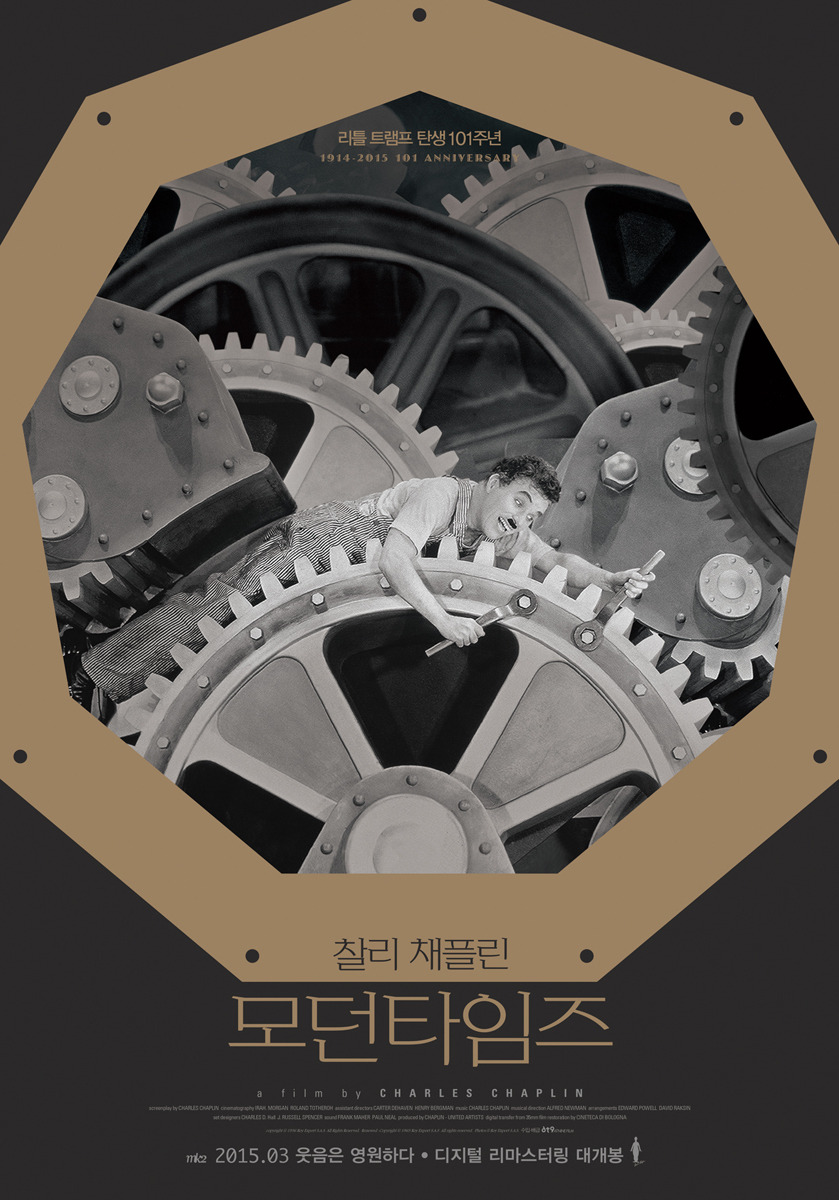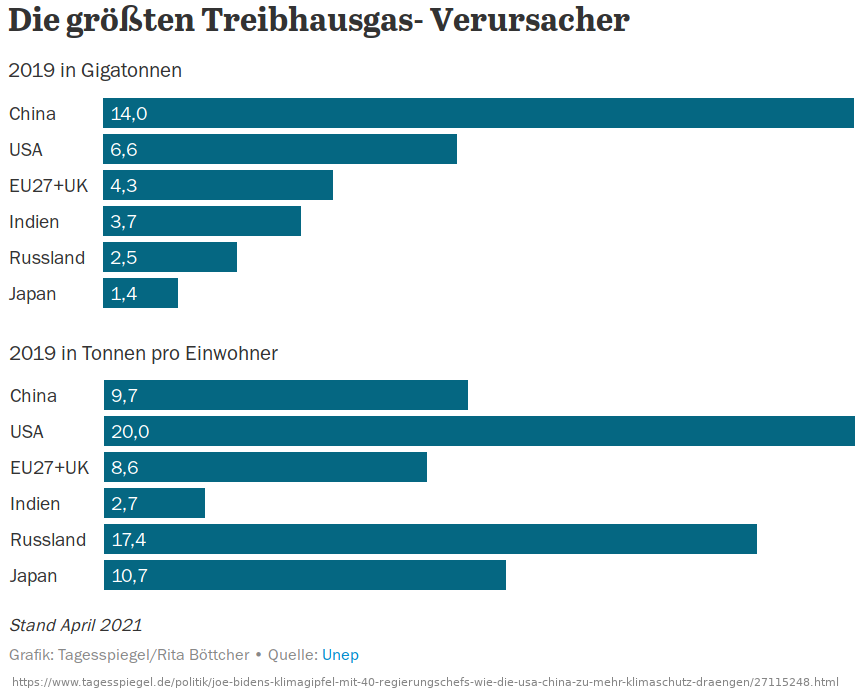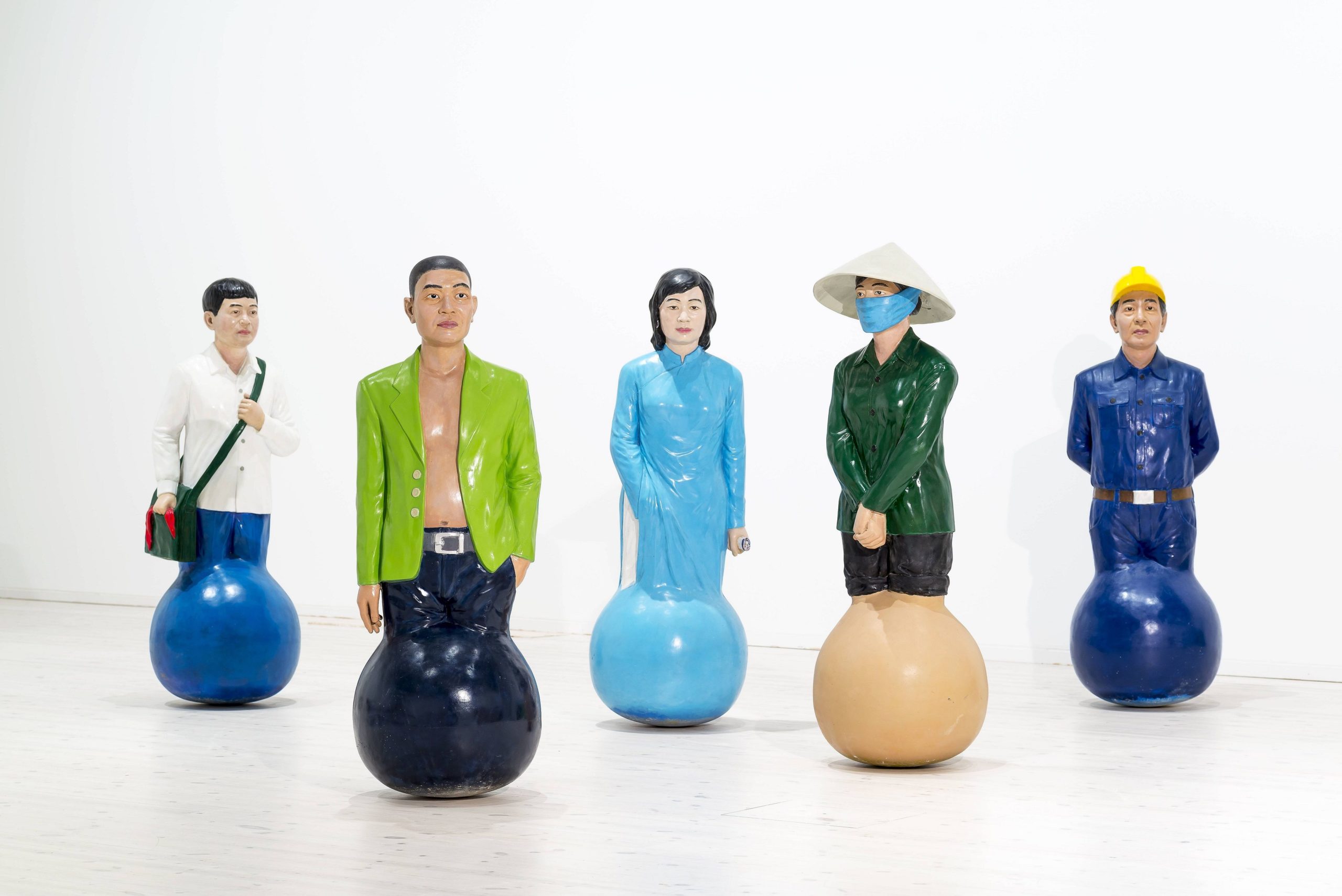Corruption 2
“All that is required for a corruption-friendly ecosystem to prosper is for those in power to have such a strong mandate that they can start assailing political norms without fear of punishment.
There is an Arabic expression that warns against the perils of an abundance of wealth: ‘Loose money teaches theft.’ Britain has the dubious honour of being the home of the loose money of the global rich, facilitating its movement through secret offshore companies, setting up entirely legal means to profit from these opaque transactions.
Taking liberties in office tends to work the same way. Loose power teaches corruption … That loose power broadly requires three further conditions to trigger misconduct – a craven or cowed press, a lack of what is seen as a viable political alternative and a large section of the public made quiescent, either through apathy or tribalism. Sound familiar?
Welcome to the global community of those living under corrupt governance. The good news is that you are not alone. The bad news is that, once corruption starts to set in, it becomes very hard to reverse. It becomes (this will also sound familiar to you), ‘priced in’ to people’s expectations of the political class, even institutionalised.
People in those other countries – the ones you more easily associate with corruption than your own – will explain the subtle evolution: what was before a furtive cash bribe that you needed to pay for a government stamp becomes an official fee that you are handed a nice crisp receipt for. What was before an outrageous grab of power from a democratically elected government becomes a legal process blessed by an election …
The unprincipled will not be shunned but enriched and honoured. The press will contradict what you have seen with your own eyes. Conspiracy theories will begin to flourish because everyone is in the business of making up narratives, so the truth becomes a matter of spinning and selling the most convincing lie. … It will begin to exhaust your sense of outrage and warp your sense of right and wrong.
Eventually what will begin to settle is a sense that you as an individual have no control, no matter how many freedoms – voting, protesting – you feel you can exercise. Those rights will feel like levers that aren’t connected to anything. And so you give up. The main political emotion I grew up with in the Middle East and north Africa was not that of suffering oppression, but of jaundice – a sort of cultivated cynicism that protected us against the despair of life under regimes that stole from us and then remade the rules in their favour.
I have felt this creeping up on me in the UK. It is an impulse that I recognise in the continuing support for the Conservatives, or the tepid resistance to them despite their proven malpractice, their endless scandals, their failure to deliver on what were once considered basic criteria for governments: that the state does everything it can to protect its citizens’ lives in a pandemic, and that most people’s material circumstances get better with time. Once the state withdraws from that role of honest broker and facilitator, the result is a fatalism: we must carry on and make do with what we have. …
Corruption in Britain lives in plain sight; it even follows the rules. We may not be Russia, but we don’t need to be for us to be in trouble. ‘Happy families are all alike; every unhappy family is unhappy in its own way,’ Tolstoy wrote. The same applies elsewhere – every corrupt political system is corrupt in its own way. The end result, the collective unhappiness, is the same though.”
aus: Nesrine Malik: I have lived under corrupt regimes – the cynicism stalking Britain is all too familiar, The Guardian Online, 8.11.21, im Internet
11/21





